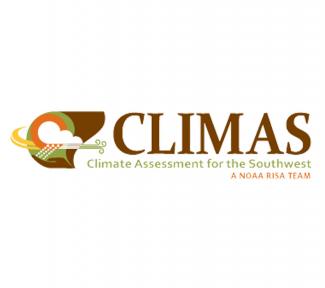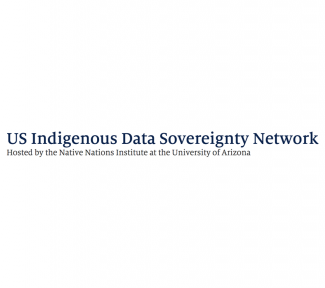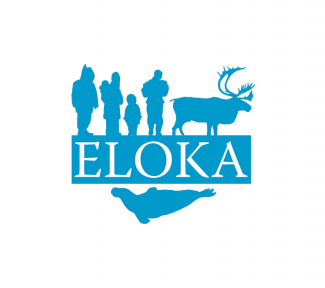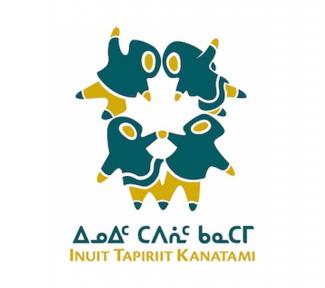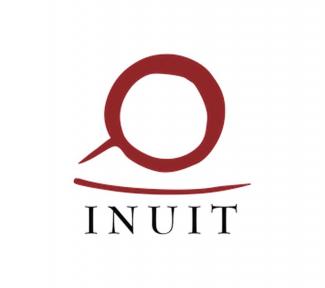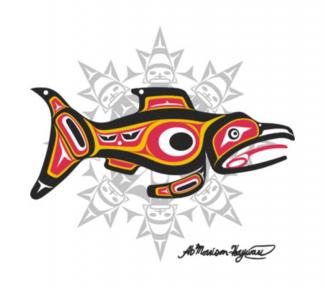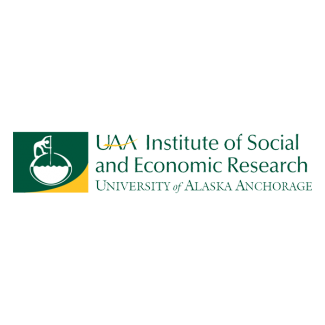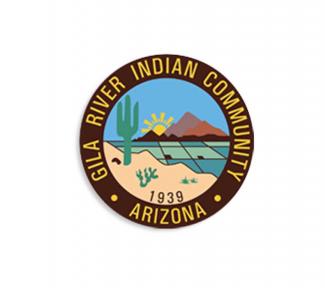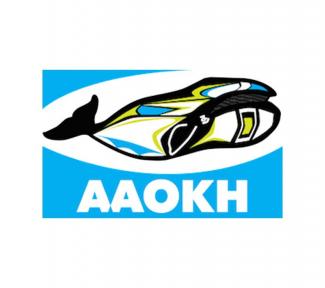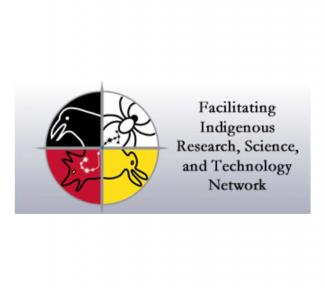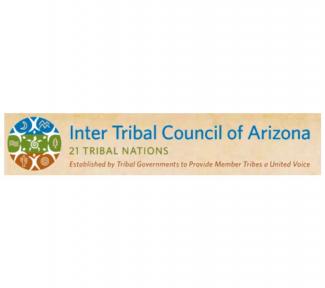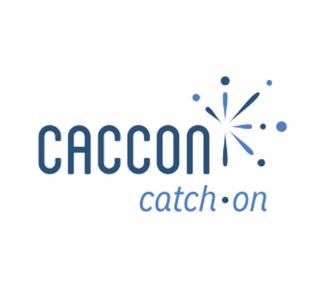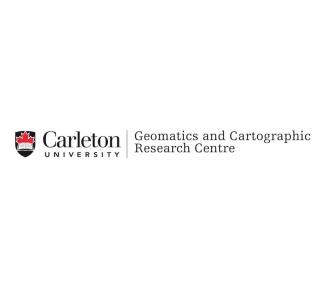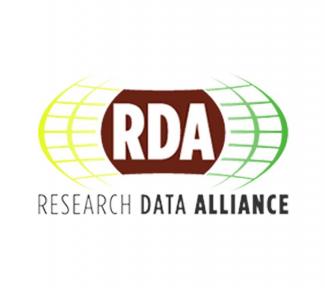Partners
The Climate Assessment for the Southwest (CLIMAS) program was established in 1998 as part of the National Oceanic and Atmospheric Administration’s Regional Integrated Sciences and Assessments program.
View Website
The United States Indigenous Data Sovereignty Network (USIDSN) helps ensure that data for and about Indigenous nations and peoples in the US (American Indians, Alaska Natives, and Native Hawaiians) are utilized to advance Indigenous aspirations for collective and individual wellbeing.
View Website
ELOKA fosters collaboration between resident Arctic experts and visiting researchers to facilitate the collection, preservation, exchange, and use of local observations and Indigenous knowledge of the Arctic.
View Website
The national representational organization protecting and advancing the rights and interests of Inuit in Canada.
View Website
Inuit Circumpolar Council-Alaska exists to be the unified voice and collective spirit of Alaskan Inuit, to promote, protect, and advance Inuit culture and society.
View Website
Winner of the prestigious Worldwide Fund for Nature 2002 ‘Panda Prize’ for best national ecological project, SnowChange was started in late 2000 to document and work with local and Indigenous communities of the Northern regions.
View Website
The Institute of Social and Economic Research (ISER) at the University of Alaska Anchorage has been at the forefront of public policy research in Alaska for more than half a century.
View Website
The Gila River Indian Community is an Indian reservation in the U.S. state of Arizona, lying adjacent to the south side of the city of Phoenix, within the Phoenix Metropolitan Area in Pinal and Maricopa counties.
View Website
The Alaska Arctic Observatory and Knowledge Hub (AAOKH) was established to build capacity in sharing information from observations on cryosphere change made by northern Alaska communities.
View Website
FIRST represents an interdisciplinary network of Native scholars all working at the intersection of Indigenous and Western scientific traditions to explore how Indigenous communities are utilizing both traditions to meet their research needs.
View Website
The Inter Tribal Council of Arizona was established in 1952 to provide a united voice for tribal governments located in the State of Arizona to address common issues of concerns.
View Website
CACCON, the Circum-Arctic Coastal Communities KnOwledge Network, is a pan-Arctic network of communities and knowledge hubs sharing knowledge and processes that lead to transformative pathways to realize ideal futures.
View Website
The Geomatics and Cartographic Research Centre (GCRC) is an official Research Centre in the Department of Geography and Environmental Studies, Carleton University, Ottawa, Canada.
View Website
With over 7000 members from 137 countries, RDA provides a neutral space where its members can come together to develop and adopt infrastructure that promotes data-sharing and data-driven research.
View Website
